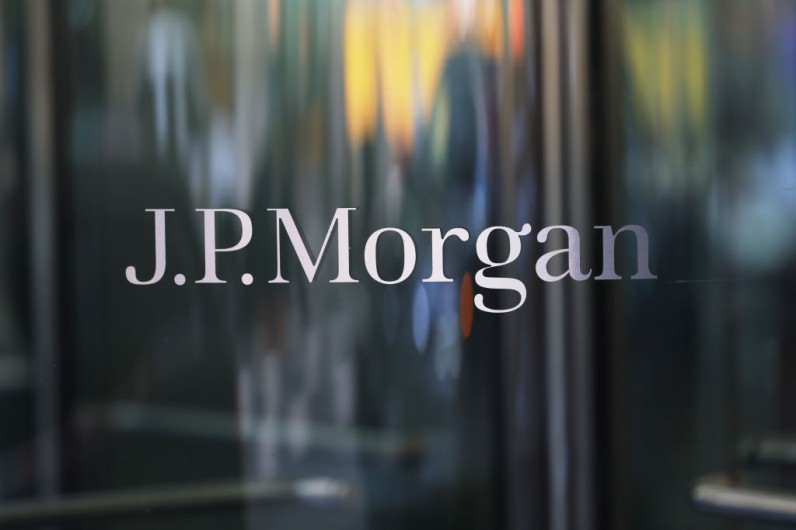JPMorgan Chase is expected to reach a resolution with a third US regulator that will require the bank to pay a civil penalty of $100 million for reporting only a partial of its trading data to surveillance platforms.
Reuters reported that JPMorgan Chase disclosed the possible additional $100 million payment to settle the issue in a regulatory filing on Wednesday without identifying the regulator. However, someone familiar with the matter told Bloomberg that the agency is the Commodity Futures Trading Commission.
In March, the country's biggest bank agreed to pay $250 million to the Office of the Comptroller of the Currency (OCC) and $98 million to the Federal Reserve to settle their complaints that it failed to monitor trading and order activity adequately.

Legal Issues of JPMorgan Chase
According to Daily Mail, the disclosure of paying the additional civil penalty comes amid escalating legal issues that JPMorgan Chase faces regarding its operations in Russia.
The bank said in a filing on Wednesday that its assets in Russia could be seized following lawsuits in Russian and US courts. This development arises from the economic sanctions imposed on Russia by the US and European nations in response to its invasion of Ukraine.
Earlier this month, a Russian court issued an order to seize funds in JPMorgan accounts following a legal proceeding filed by a Russian state-owned bank seeking to regain its funds blocked abroad.
READ NEXT : JPMorgan Chase CEO Jamie Dimon Says He's Done Talking About Bitcoin After Trashing It One Last Time
JPMorgan Chase Files Lawsuit Against VTB Bank
In response, JPMorgan Chase filed a lawsuit against VTB Bank to prevent it from recovering $439.5 million. JPMorgan expressed dissatisfaction with Russian courts for disregarding the bank's contractual rights and obligations and its inability to make various payments due to sanctions laws.
JPMorgan noted that US law disallows the bank from releasing funds to sanctioned firms, including VTB, which was placed on the sanctions list of the US Department of the Treasury in February 2022. The move is not likely to affect US consumers directly.







Join the Conversation